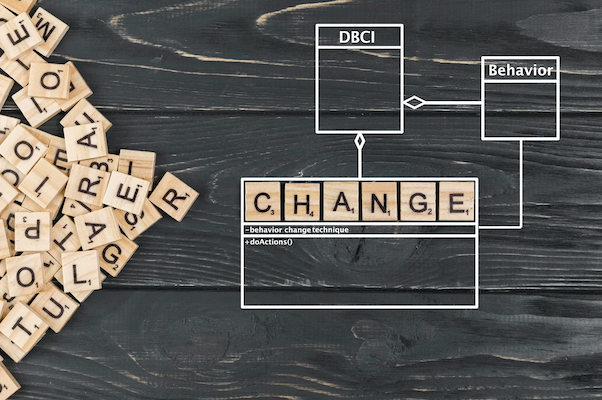Goal
The goal of this project is to develop a coherent set of semi-formal languages, called the ePsyCHI language, that will allow the formalization, articulation, and operationalization of key psychological theories and models related to behaviour change.







